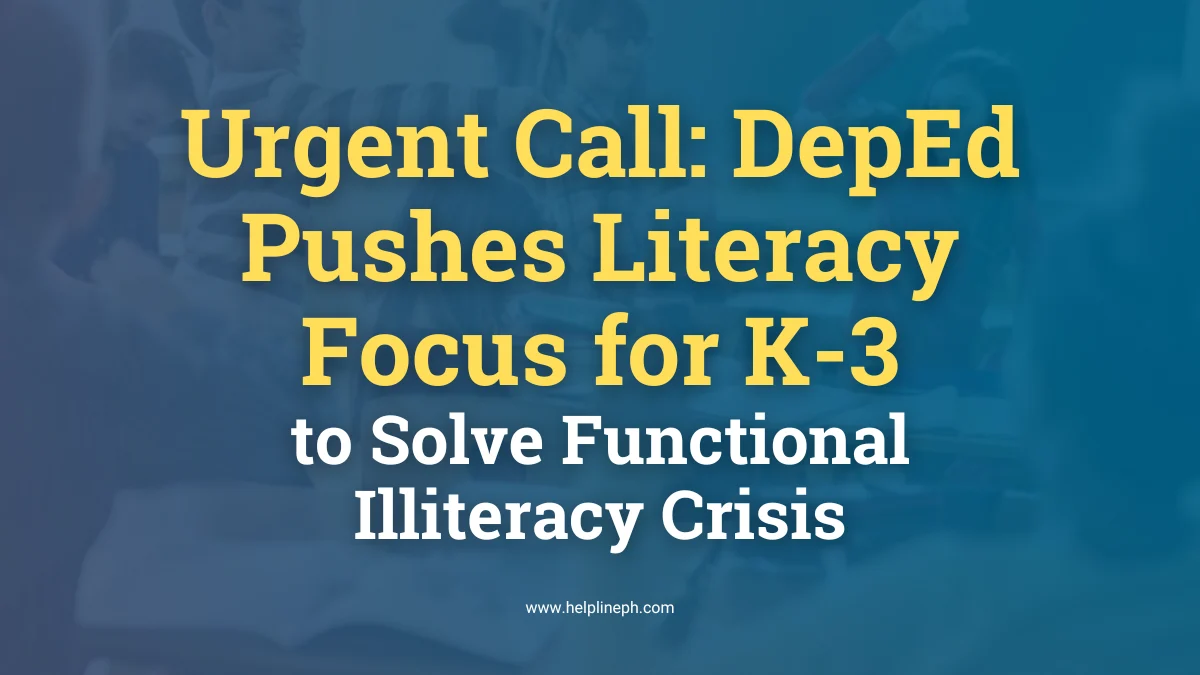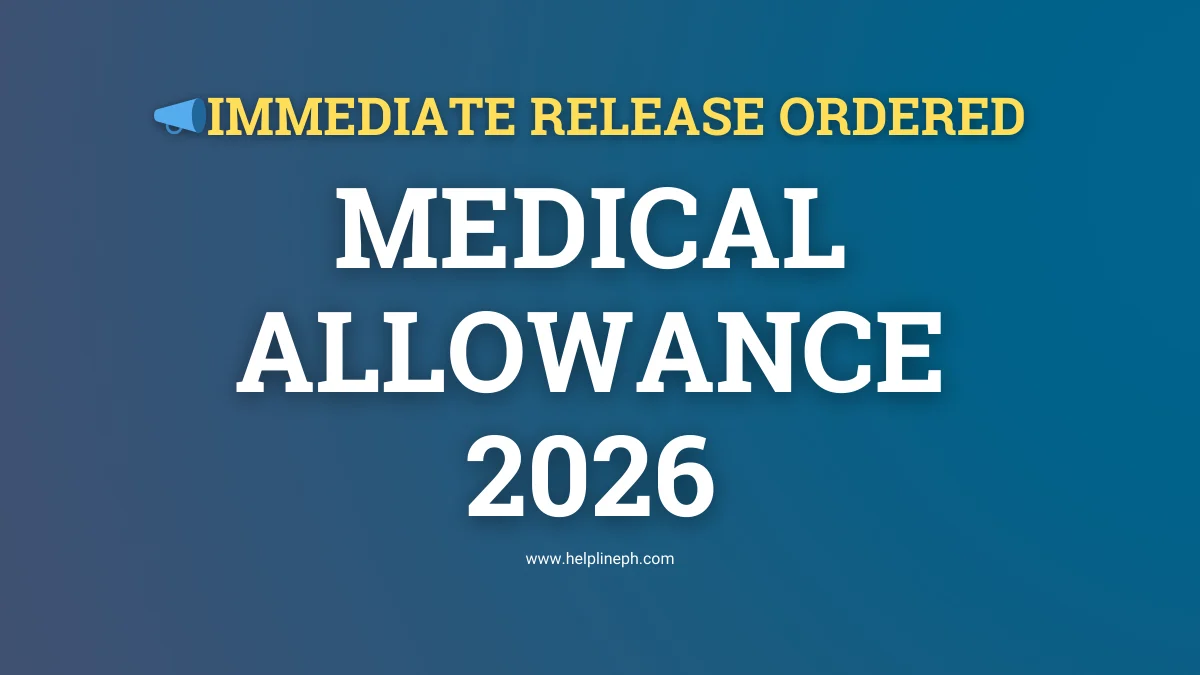DepEd literacy focus has become a hot topic in the Philippines after the Department of Education (DepEd) stressed the need to improve literacy skills from Kindergarten to Grade 3. This comes after alarming results from the 2024 Functional Literacy, Education and Mass Media Survey (FLEMMS), showing that over 18 million junior high school graduates are now considered functionally illiterate.
Let’s break down what this really means — and why it matters to all of us.
What Does “Functional Illiteracy” Mean?
Functional illiteracy doesn’t just mean someone can’t read or write basic words. It means they cannot read, write, compute, and understand information well enough to manage daily tasks. Imagine finishing school, but not understanding what you read on a job application, or not being able to follow simple written instructions at work.
This is a huge problem, and it’s why DepEd literacy focus is now being pushed hard, especially in the early years of school.
Why Focus on K-3 Education?
According to DepEd Assistant Secretary Jerome Buenviaje, it’s important to strengthen learning as early as Kindergarten up to Grade 3. Research shows that if children don’t master basic skills in these years, they will struggle in higher grades and fall further behind.
Think of learning like building a house: if the foundation is weak, everything on top will be shaky. That’s why K-3 education is seen as the “foundation stage” where reading, writing, basic math, and social skills must be solid.
What Did the DepEd Change?
In 2023, DepEd launched a revised K-10 curriculum under the K-12 program. They reduced the number of learning goals (called “competencies”) by 70% — from about 11,700 down to 3,600. They also reduced the number of subjects, focusing more on the core skills of literacy, numeracy, and socio-emotional learning.
This means less crowded lessons and more focus on making sure children actually understand what they are learning, instead of just rushing through topics.
Why Nutrition Matters Too
Buenviaje pointed out that nutrition and literacy cannot be separated. A child who is hungry or undernourished will struggle to pay attention in class and absorb lessons. This is why DepEd also focuses on programs for early childhood nutrition alongside reading and writing skills.
A well-fed child is a better learner. Without good nutrition, even the best lessons won’t stick.
Education Leaders Speak Out
Education Secretary Sonny Angara said,
“We will not let any learner fall behind in reading and comprehension.”
Senator Loren Legarda called the survey results a “painful indictment” of the education system. She warned that school attendance and graduation no longer guarantee real learning. Just finishing school is not enough — students need to truly understand what they are taught.
Without basic comprehension skills, graduates are left unprepared for the world, holding diplomas that don’t reflect real abilities.
Why This Is a National Issue
The problem of functional illiteracy in the Philippines is not just about individual children — it affects the whole country.
Senator Legarda warned that if millions of graduates can’t understand what they read:
- They will struggle to compete in the job market.
- The workforce will be weaker in a world that’s changing fast.
- Social inequality will grow deeper, leaving many behind.
- Participatory democracy will weaken, as people struggle to understand public issues.
This is why improving DepEd literacy focus is not just an education problem — it’s a national survival issue.
What Can Families and Communities Do?
While the DepEd plays a key role, Buenviaje said they can’t fix this alone. Families, local governments, and communities all have a part to play.
Here are some ways we can help as individuals:
✅ Read with young children at home.
✅ Make sure they attend school regularly.
✅ Support feeding programs in local schools.
✅ Encourage a love for learning, not just passing exams.
Learning doesn’t stop at the classroom door. It continues at home and in the community.
The Long-Term Goal: Real, Meaningful Learning
This push for stronger K-3 education is about more than just numbers or surveys. It’s about making sure that every Filipino child:
- Can read and understand what they read.
- Can write clearly and express their ideas.
- Can do basic math and apply it in daily life.
- Feels confident and prepared to face the future.
We owe this to our children — and to the country’s future.
My Personal Take
As someone who has seen students struggle in later years because they missed the basics early on, I truly believe in this focus. I’ve seen bright young people drop out because they couldn’t keep up — not because they weren’t smart, but because they were never given the right foundation.
Literacy is power. Without it, young people are blocked from opportunities before they even begin. We need to act now, while they are still young enough to build strong learning habits.
Frequently Asked Questions (FAQs)
What is functional illiteracy?
Functional illiteracy means someone can read and write simple words but cannot understand or apply what they read to everyday tasks.
Why is K-3 education important?
The early years (Kindergarten to Grade 3) are when children build basic skills in reading, writing, math, and social interaction. If they fall behind here, it’s hard to catch up later.
What changes has DepEd made?
DepEd reduced learning goals and subjects to focus more on core skills like literacy, numeracy, and emotional development, especially in K-3.
How is nutrition linked to learning?
A well-fed child can focus and learn better. Malnutrition makes it hard for children to concentrate, absorb lessons, or stay engaged in school.
How can parents help?
Parents can help by reading with their children, supporting their attendance, making sure they get enough nutrition, and encouraging curiosity and learning at home.






